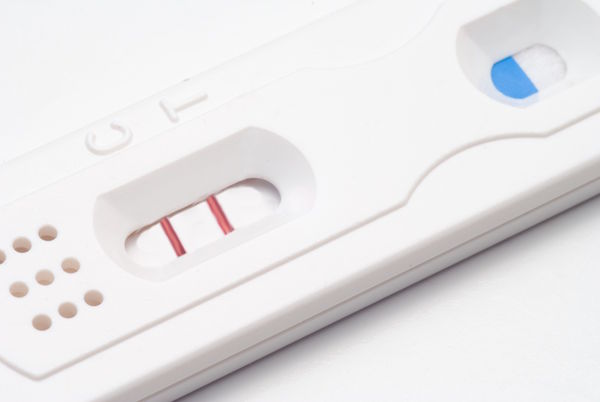
FRIDAY, April 13 (HealthDay News) — Receiving emotional support and acceptance from parents benefits the long-term health of lesbian, gay and bisexual adults, a new study shows.
About three-quarters of lesbian, gay and bisexual adults aged 18 to 64 surveyed in Massachusetts said they had revealed their sexual orientation to their parents, typically when they were about 25 years old. About two-thirds said their parents were supportive.
Rates of mental health and substance-abuse problems were significantly lower among those who received support from their parents than among those who felt rejected, the study found.
For example, gay and bisexual men who felt rejected by their parents had a six to seven times increased risk of binge drinking and serious depression, while lesbian and bisexual women whose parents did not support them had a fivefold increased risk of serious depression and an 11-fold increased risk of illicit drug use.
While “coming out” was generally associated with better overall health for lesbian and bisexual women, this was not the case for gay and bisexual men, according to the study published in a recent issue of the Journal of Homosexuality.
“It’s possible that the stress of not disclosing your sexuality to your parents affects men and women differently,” study leader Emily Rothman, an associate professor of community health sciences at Boston University School of Public Health, said in a university news release.
“In general, gay and bisexual men may be able to conduct their sexual lives apart from their parents with less stress. On the other hand, it’s also possible that this was an artifact of our particular sample,” she noted.
“Given the high rates of suicide and self-harm among lesbian, gay and bisexual (LGB) youth — and the high costs of treating mental health and substance-abuse disorders — it’s critical that we understand what we can do to promote better health for LGB kids,” Rothman added.
Nicole Sullivan, a 22-year-old student at Bunker Hill Community College who came out as bisexual two years ago, said she wasn’t surprised by the findings.
“I struggled with mental health and drug problems during my adolescence, and I know that some of it is because I didn’t feel accepted at home,” Sullivan said in the news release. “I am really grateful that I had cousins who supported me, and it’s because of them that I was able to get healthy.”
More information
The U.S. Centers for Disease Control and Prevention has more about gay, lesbian, bisexual and transgender health.

